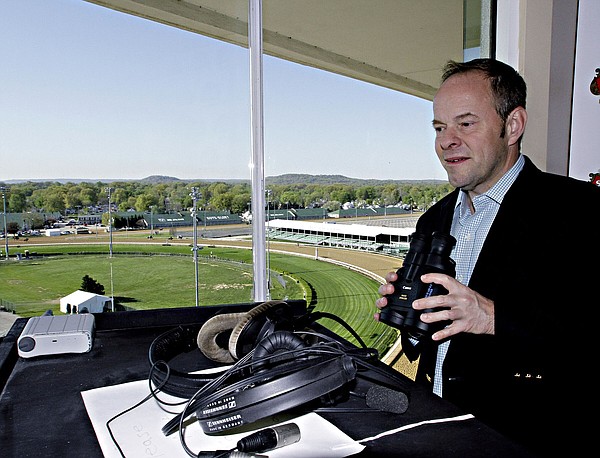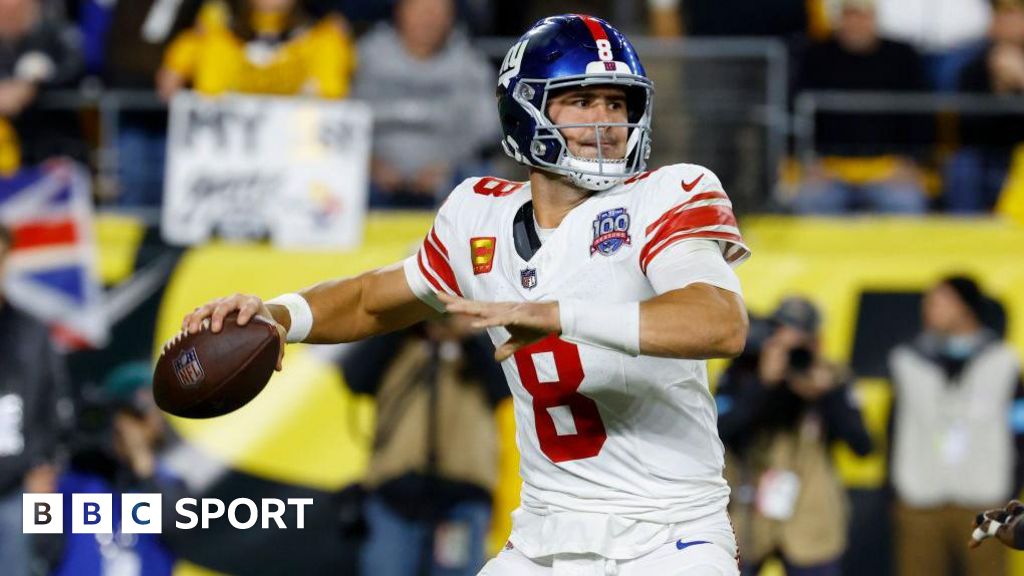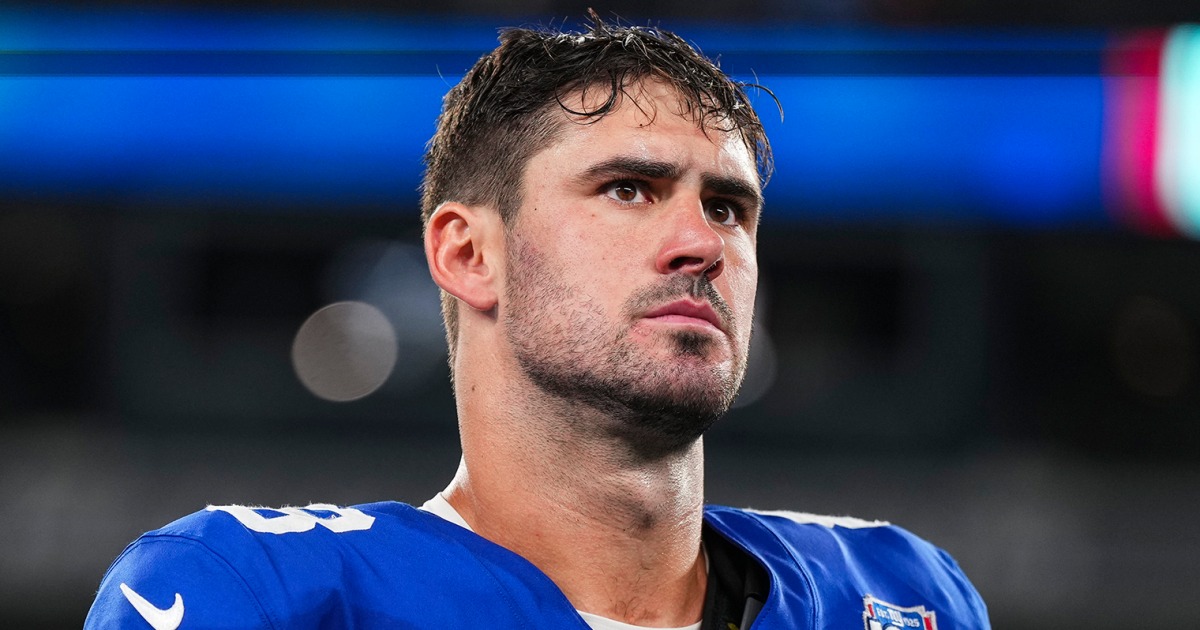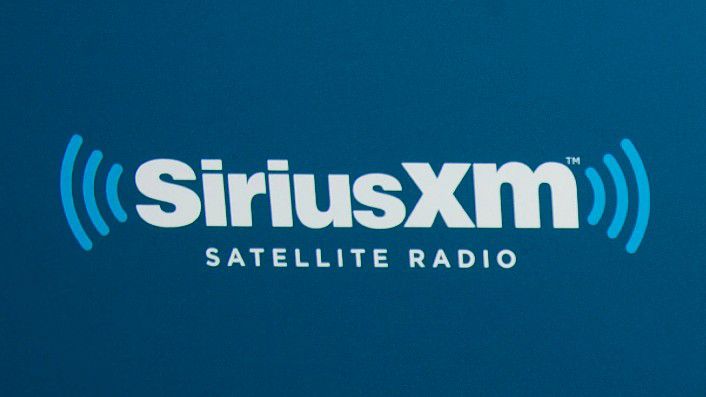LEXINGTON, Ky. — When horses shuffle into the starting gate for the historic 150th running of the Kentucky Derby on Saturday at Churchill Downs in Louisville, one man’s voice will narrate the monumental event to millions of viewers at home.
Since 2011, Larry Collmus has been the race announcer for the Kentucky Derby for NBC Sports, which means his voice and words are distinctly connected to the most prestigious event in horse racing.
Collmus, a Baltimore native, got started in the sport early.
“It’s pretty much all I’ve ever done,” Collmus quipped in a recent interview with the Lexington Herald-Leader.
This lifelong affair began when Collmus’ father installed the sound system at Timonium Race Track at the Maryland State Fair, located just north of Baltimore. Collmus was immediately charmed by the cast of characters that horse racing offers.
“Even more than just what was going on on the track, it was up in the press box and down on the grandstand and all the people in horse racing that you get to meet,” Collmus recalled. “I just kind of felt like I fit right in, and because of that I decided that I wanted to do something in horse racing.”
Collmus cut his teeth as an announcer through plenty of practice reps: Armed with binoculars and a tape recorder, he was given a place to practice his calls in the press boxes at different Maryland horse tracks.
This led to Collmus calling one race a day over the public address system at Pimlico Race Course, the famed host venue of the Preakness Stakes, which is the second leg of horse racing’s Triple Crown.
Collmus soon branched out from Maryland-based tracks: In 1987, Collmus became the youngest race caller in the nation by serving in that role at Birmingham Turf Club in Alabama, a lavish track that quickly ran into economic hardships.
He went on to hold the race announcer positions at the likes of Golden Gate Fields (California), Suffolk Downs (Massachusetts), Monmouth Park (New Jersey), Aqueduct Racetrack (New York City) and Gulfstream Park (Florida).
Collmus joined the NBC Sports team starting with the 2011 Triple Crown season, and he has also since been the race caller at Churchill Downs and for the New York Racing Association’s signature races. Collmus also calls Breeders’ Cup races for NBC Sports and works as a FanDuel TV racing host and analyst.
“When I first started, I just wanted to call races. … I would listen back to those calls. I’m sure they were not that great,” Collmus said with a laugh. “When I started to move up the food chain so to speak I guess, you think of goals that you’d like to end up at this place or that place.”
Even with these growing aspirations in mind, Collmus said the opportunity to call races for NBC Sports on network television was something that caught him off guard.
“I never saw that one coming. … That was literally out of nowhere,” Collmus said. “Everything seemed to change a little bit once I got that gig because, all of a sudden, I became that guy.”
Collmus further cemented his “that guy” status by announcing a pair of Triple Crown victories with American Pharoah (2015) and Justify (2018).
It’s impossible to discuss Collmus’ role as NBC Sports’ horse racing announcer without explaining why the job came open.
Tom Durkin was the longtime voice of the Triple Crown on network television, including with NBC Sports. But he stepped away from that job due to the anxiety and stress that came with it before the 2011 Kentucky Derby.
“It’s just the stress got to be too much,” Durkin told the Daily Racing Form in April 2011. “When you’re walking around with a pit in your stomach for three months a year, just a general bad feeling and nervousness. You look up stress in the dictionary or online, and I’m a classic case of it.”
“There is no other race for an American race caller like the Kentucky Derby,” Collmus said. “It is the race. Everyone is watching and you’re going to be nervous. There’s just no two ways about it … I know what (Durkin) is talking about.”
Starting with that 2011 Derby (won by Animal Kingdom), it has been Collmus who finds himself balancing the blend of excitement, nerves and stress that comes with calling one of the biggest sporting events in the world.
“(Nervousness) doesn’t go away,” Collmus said. “Every year, you feel it.”
Collmus reached out to Durkin ahead of the 2011 Derby, Collmus’ first with NBC Sports, to ask the legendary announcer for insight on how to handle the assignment.
“It’s just a matter of keeping the heart rate down,” Collmus said Durkin told him. “I’m like, ‘Yeah, I know. That’s going to be the hard part.’ And it still is to this day.”
It’s likely because of this whirlwind that Collmus takes particular pride in making it through the call of that 2011 race.
“Animal Kingdom ROARING DOWN THE CENTER OF THE TRACK!” bellowed Collmus that year.
“Just getting through it and getting it right and not falling down because my legs were shaking so much during the race,” he added.
Beyond the anxiety and nerves that come with announcing the Derby, there’s also the detailed preparation that precedes the event.
The Derby’s 20-horse field is substantially larger than other horse races. There’s even a specially made starting gate that Churchill Downs uses for the race.
“I think memorizing the 20 horses for the Derby is a lot easier than trying to control your nerves for the race,” Collmus said. “You just do your best to breathe, relax as much as possible. Talk to yourself before the race: ‘You’ve done it so many times. Don’t worry about it You’ll be fine.”https://www.nwaonline.com/news/2024/may/03/derby-announcer-set-for-150th-race/”
How does Collmus go about being properly prepared?
It starts early.
Collmus’ duties with FanDuel TV have helped him stay plugged in on the Derby contenders as they emerge during January and February prep races. By the time the field comes into view in mid-April, Collmus is hard at work making flashcards with the silks of each jockey, as well as other notes and information about the horses.
“I’ll go over that, over and over, making sure I know who they all are,” Collmus said, noting that he uses the same practice to call the Kentucky Oaks (the Derby’s companion race for fillies), which is also celebrating its 150th edition on May 3.
Collmus’ preparation goes far deeper than just knowing the silks and other assorted notes, though.
“Let’s say it’s very muddy and the silks are harder to see. What color blinkers do (the horses) wear, do they have a white blaze (stripe) in their face, anything that you need to know?” Collmus said. “What are their running styles? Who should be in front? Who should be in the back? There’s so much preparation.”
“The whole idea is when they play ‘My Old Kentucky Home,’ those 20 horses out there on the track are your best friends.”











